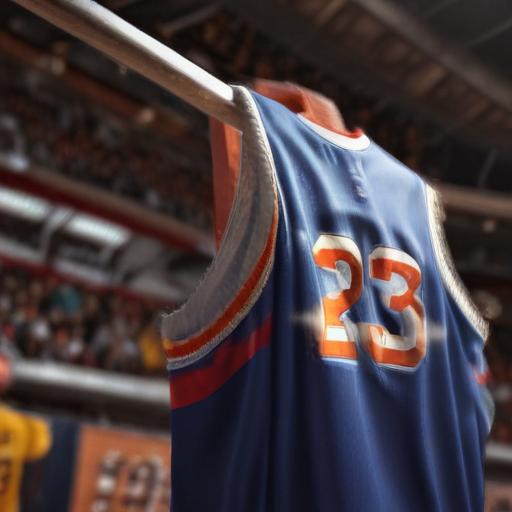The Phoenix Suns have officially traded Kevin Durant to the Houston Rockets, marking the conclusion of a protracted negotiation process that began at the last trade deadline. Initially, the Suns explored sending Durant to the Golden State Warriors without his consent, but the deal fell through and launched an extended period of speculation regarding Durant’s future. Over the past five months, it became evident that the Suns would part ways with the star forward, but the final return has been met with disappointment.
In exchange for Durant, the Suns received Jalen Green, Dillon Brooks, and the No. 10 draft pick, a package that pales in comparison to the assets they originally sacrificed to acquire him in 2023. This situation raises critical inquiries regarding the Suns’ decision-making process and why they accepted what many see as a subpar return.
Reports from ESPN’s Shams Charania suggest that the lack of competitive offers significantly influenced the deal. Notably, the San Antonio Spurs were not aggressive in their pursuit, which is understandable given their current roster strategy. Surprisingly, the Miami Heat also showed reluctance, reportedly declining to part with several promising players and draft assets, including Jaime Jaquez Jr. and Nikolaj Jovic. This hesitation from Miami, a team usually known for its tenacity in acquiring stars, raises eyebrows about their trade intentions.
Durant reportedly favored a move to a select few teams, namely the Rockets, Spurs, and Heat. While other franchises, including the Minnesota Timberwolves and Toronto Raptors, expressed interest, Durant’s lack of enthusiasm for these options complicated negotiations. Interestingly, the Denver Nuggets and Cleveland Cavaliers emerged as mysterious contenders in discussions, albeit facing substantial hurdles related to salary cap constraints and available trade assets.
The Rockets, ultimately securing Durant, were a fitting destination. With a pressing need for an elite scorer and shooter, the team has not only the flexibility in salary matters but also a coaching staff, led by Ime Udoka, familiar with Durant’s skills. They were able to add Durant without compromising their core lineup, setting themselves up for a competitive future that could include a championship push by 2026.
For the Suns, however, the challenge now lies in rebuilding and remaining competitive despite the seemingly meager return on their star. They will have to devise a strategy to construct a viable team while temporarily losing control over their future first-round picks.
This trade continues to illustrate the complexities of negotiations in the NBA and the unpredictable nature of player dynamics. While the Suns find themselves at a crossroads, the Rockets take a significant step forward, indicating that opportunities for success in the league are ever-evolving.
In the broader picture, this trade not only reshapes team rosters but also highlights the ongoing shifts in power within the league, suggesting that there is always potential for future success for all teams involved, bringing an air of hope for a more competitive landscape ahead.
